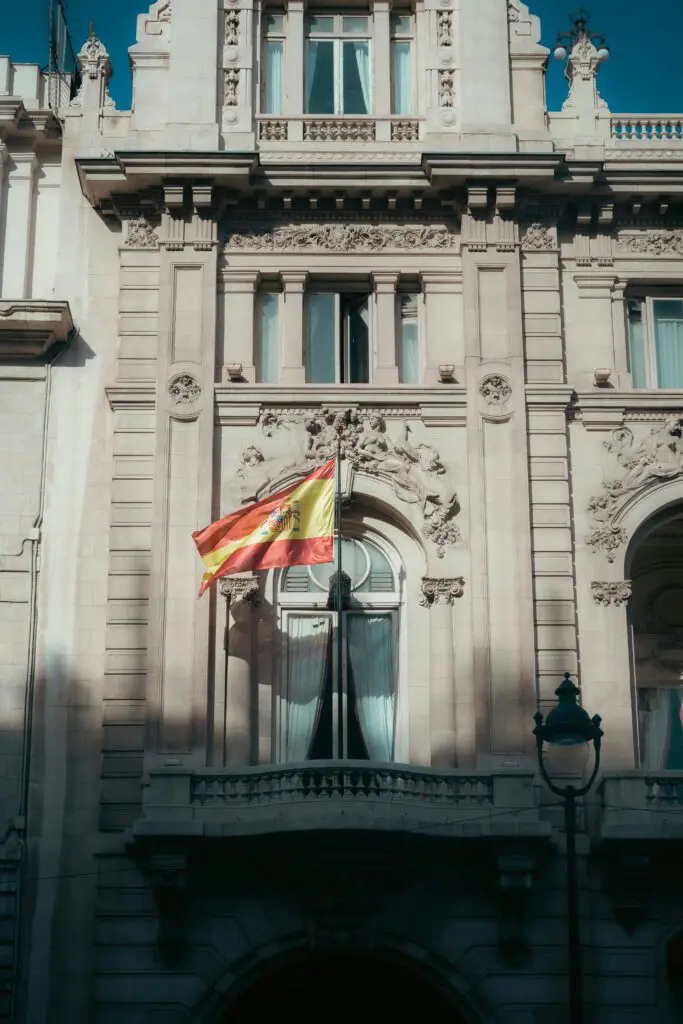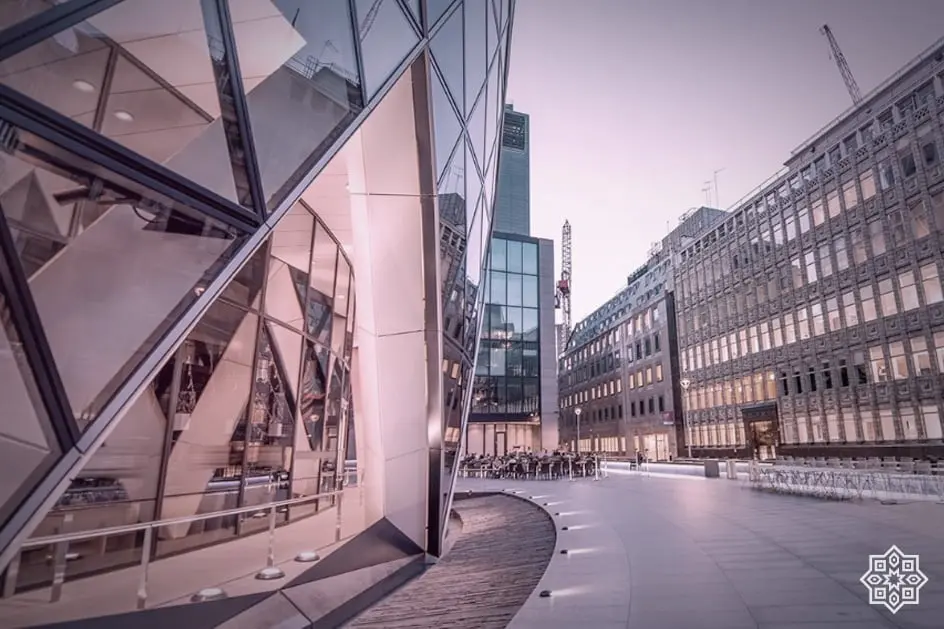Pragmatism, mutualism and certainty is what the City of London needs on Brexit negotiations
Our managing Partner León Fernando Del Canto, (Del Canto Chambers) embraced the scope of a historical relationship between United Kingdom and Spain, as well as #EmbraceLondon as an open arm Worldwide Business City. The Business Breakfast organized together with EL PAÍS and sponsored by Banco Sabadell discussed the challenges and business opportunities post Brexit scenario, wondering that the discussion would be mainly marked down by the portraits papers about the UK snap elections the next 8th June. Notwithstanding this fact was rather `tiptoe´ seen by the attendees as an issue that the next government needs to guarantee certainty to people and businesses on the upcoming Brexit negotiations. This Business Breakfast, which was conducted in a very constructive way, it comes to conclude that Brexit is a long way through to work on, as well as an opportunity for businesses to firm up the good business links between Spain and UK.
Andrew Parmley, the Lord Mayor of the City of London, stated that `there is a large amount of Spanish people living in the UK, a vast majority of Spanish people living in London; around 79,000 working or studying and also 33% of Spanish people work in Banking, 21% work in Accounting and these are the leading industries in the City of London; therefore, there is source of talent out there that we need to continue to attract; Furthermore, he adds that `certainty is what those people living and working need´. Tomás Varela, General Manager of Banco Sabadell welcomes `pragmatism in Brexit talks in both ways of the channel´ so far, he says, Brexit it is not affecting his company by structure consequences, also Varela states that Banco Sabadell `represents a 35% of market share of British people residing in Spain´.
Javier San Basilio, Regional Manager Europe and London of Mapfre and President of the Spanish Chamber of Commerce, provided a dual point of view, from his position in the insurance business market, which says `it is not being much affected, however it is a market that also needs certainty´, and for the Spanish Chamber of Commerce, `it is a challenge´, added Javier, which `UK is for the Chamber one of the main trade partners, free movement of people thinks would be affected in terms to bring people to work to UK´. Gioele de Carmanlinghi, UK Area Director at Melia Hotels International, underlined also free movement of people as a key issue for the service sector `now for the tourist sector is not experiencing a relevant impact, because London received 16 Million visitors last year and these visitors are behaving in a way to keep booking in advance´ however; Gioele says that `the sector sees some impact ahead on increase of a full price food that the UK import comes from the European Communities (71%) but the main concern is regarding the competence on the free movement of people because there is a gap in competence that will take the sector 10 years to fill in; the sector needs a back up from UK Government´.
In terms of Culture and Education, Julio Crespo Maclennan, Director of the Spanish Instituto Cervantes in London, believes that `the duty of culture is to support politics; separating UK from Europe strictly in cultural terms will be as difficult as to separate Trafalgar Square from London´ Spanish is becoming one of the most popular foreign language in London, although Brexit is being very challenging; for example with regards to students exchange programmes; it is relevant, states Julio, that `some Spanish Universities are planning ahead some students exchange programmes with UK Universities before Brexit´. Also, Javier de la Cendra, dean of IE Law School, highlights that Education ‘is a key issue, which the UK stands to lose the worthiest scenario because UK is a leading country in education sector that has the most important universities in the world and also stands to lose researchers because uncertainty on free movement of people´.
Alderman Peter Estlin, Sheriff of the City of London, also thinks that to keep attracting talent to the City of London means; `to keep talking with businesses and with the government; therefore, we need pragmatism in politics to be open to talent´; Peter encourages to look beyond Brexit and to see the mutual benefits of free movement of talent´ also, he says `I look through and Barcelona is a very high tech city and it is really showing how to collaborate between business and education, it is a role model city´.
Sarah Lucy Cooper, Barrister and Specialist in International Family Law, says `Brexit is not a bonanza for the lawyers because lawyers needs to provide certainty to those spanish-british families; but she states that also to lead as an example of excellence; `Spanish Lawyers who are qualified in England; they are very well known respected, specially Spanish female lawyers, as well as judges who deal with very complicated cases´.
Leon Fernando Del Canto as a Barrister in England and Lawyer in Spain also emphasizes that despite Brexit, businesses in Spain and UK have been doing the homework along these years. Spain was a late member of the European Union (1986); notwithstanding business with UK was already good at that time despite of the existing barriers and tax customs; now it is much easier´. He also highlights `the importance of keeping pursuing in the bilateral relationship between both countries, which is fundamental; in terms of what Spain means for UK businesses for a Latin American expansion and what UK, and specially London as a place of operations, means for Spain, in terms of access to the emerging communities, Asia and the Middle East.
About the question on what are the best possible outcomes in two years time, the roundtable participants have a diverse opinion; as Javier San Basilio pointed out, South East England is the part of the country that has received more immigration from the European Union, and it is also the part of the country that has progressed more. Therefore, using immigration as a thread it is completely wrong; he prefers the rest of the country to be more like the South East´, Javier de la Cendra says `he prefers Europe to rethink the project or to explain better the project to come out stronger together´. León Fernando del Canto closed that meeting bu saying that `he would like to see in two years time a stronger Europe looking more outside its walls; to the Atlantic side (specially Latin America) Asia and the Mediterranean, as well as UK looking through those sides´.
Lord Mayor concluded the debate by saying that pragmatism, mutualism and certainty is what the City of London needs on Brexit negotiations.
Julio Prieto (@juliopr4)
Paralegal in Del Canto Chambers







